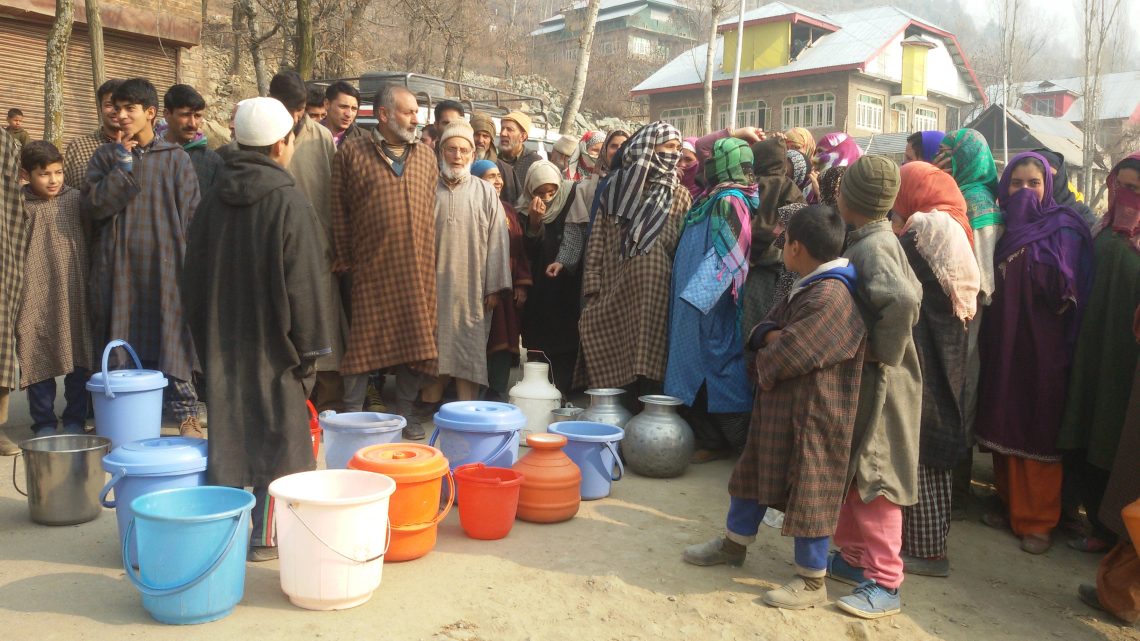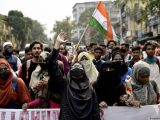
Bandipora Residents in IIOJK Condemn the Anti-People Policies of India
April 25, 2024Residents of Banyari village, nestled in the Bandipora district of occupied Jammu and Kashmir, are raising their voices against what they perceive as neglect and indifference from the authorities. For almost 15 years, promises have been made, but the fulfillment of those promises remains elusive, leaving the community vulnerable and exposed.
Ghulam Hassan, a resident deeply entrenched in the daily struggles of the village, laments the lack of protection for their lives. Banyari village is primarily inhabited by fishermen, orchardists, and sand excavators, who eke out a living with sheer determination and hard work. However, their livelihoods are constantly under threat due to the absence of a crucial infrastructure: a bridge over the River Jhelum.
The geographical layout of the village presents a stark reality. The River Jhelum effectively divides Banyari into two parts, Banyari Sharqi (east) and Banyari Garbi (west). This division not only hampers connectivity but also poses significant risks, especially during emergencies. Hassan vividly recalls the Batwara tragedy, an incident that sent shockwaves through the community, instilling fear and apprehension about crossing the river.
Imam Moulana Farooq Ahmad, a venerable figure in the village at 65, reflects on the countless lives lost due to the absence of bridges. Despite assurances made 15 years ago regarding the construction of a bridge to connect various parts of the village, progress has been painfully slow. While a portion of the bridge was completed, connecting Ghulabyari and Soundara, the crucial linkages to Banyari Garbi and Banyari Sharqi remain incomplete.
Ahmad recounts a haunting incident where a boat full of people capsized in front of a former Deputy Commissioner during his visit to Banyari. This tragedy, witnessed firsthand by an authority figure, underscores the urgent need for bridge construction to prevent further loss of life and alleviate the hardships faced by the villagers.
The residents’ plea is simple yet profound: they urge the concerned authorities to prioritize their safety and well-being by expediting the construction of the bridge over the River Jhelum. Their demand is not just for themselves but for the future generations who deserve a safer and more connected community.
In the midst of their struggle for basic infrastructure, the residents of Banyari are not alone in their grievances. Protest against the anti-people policies of the BJP regime reverberates in the downtown area of Srinagar, highlighting a broader sentiment of dissatisfaction and disenfranchisement among the populace.
The plight of Banyari village serves as a poignant reminder of the profound impact of neglect and bureaucratic inertia on marginalized communities. It underscores the urgent need for proactive and accountable governance that prioritizes the welfare of all citizens, especially those in remote and underserved areas.

